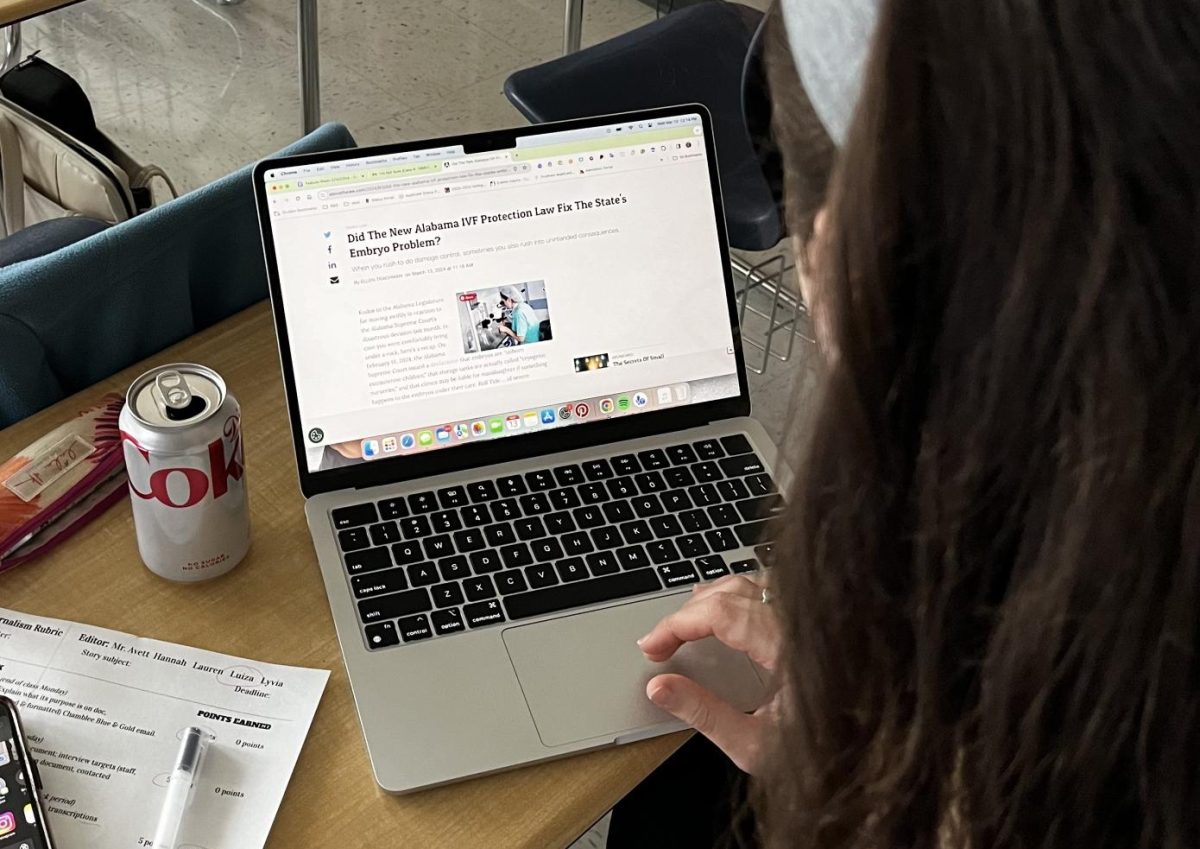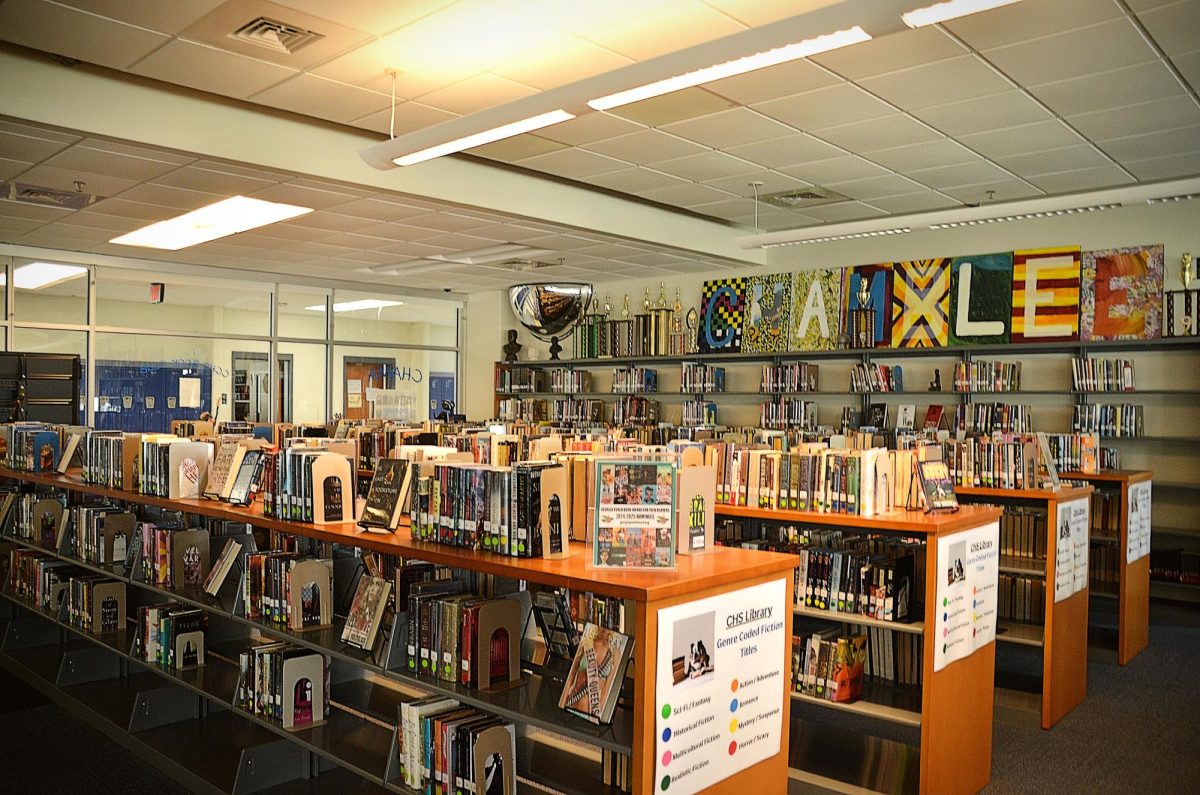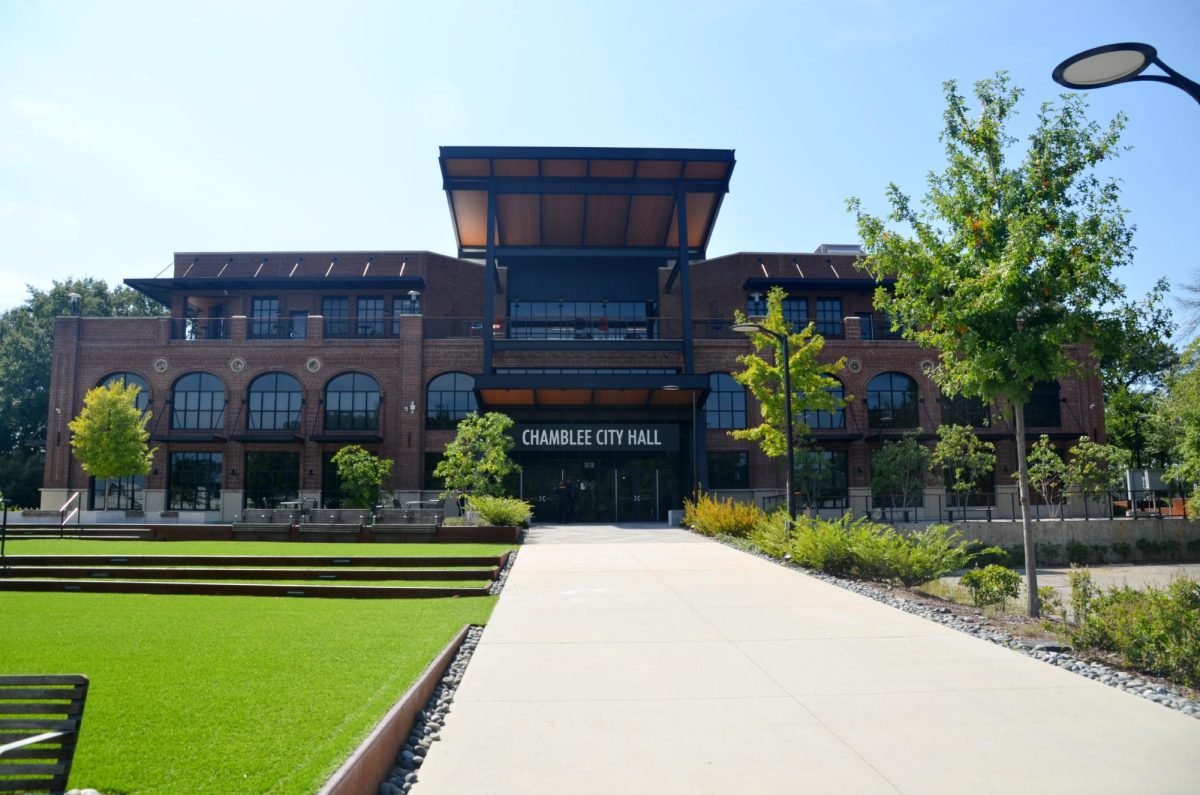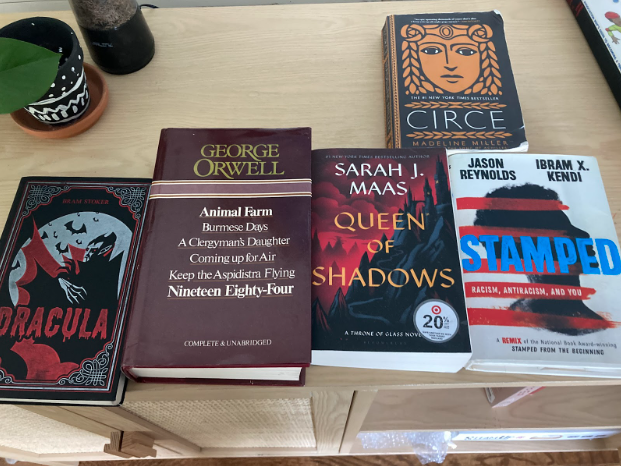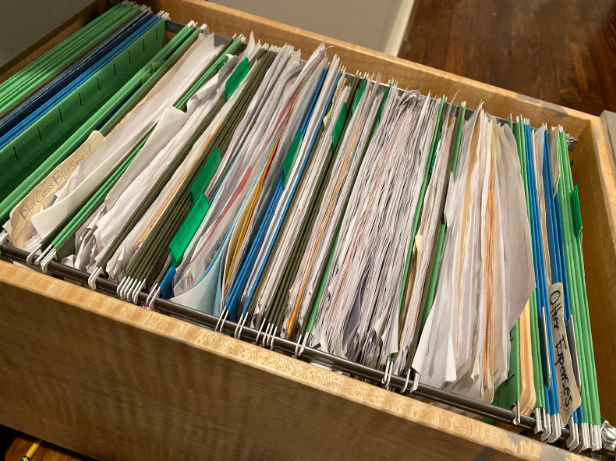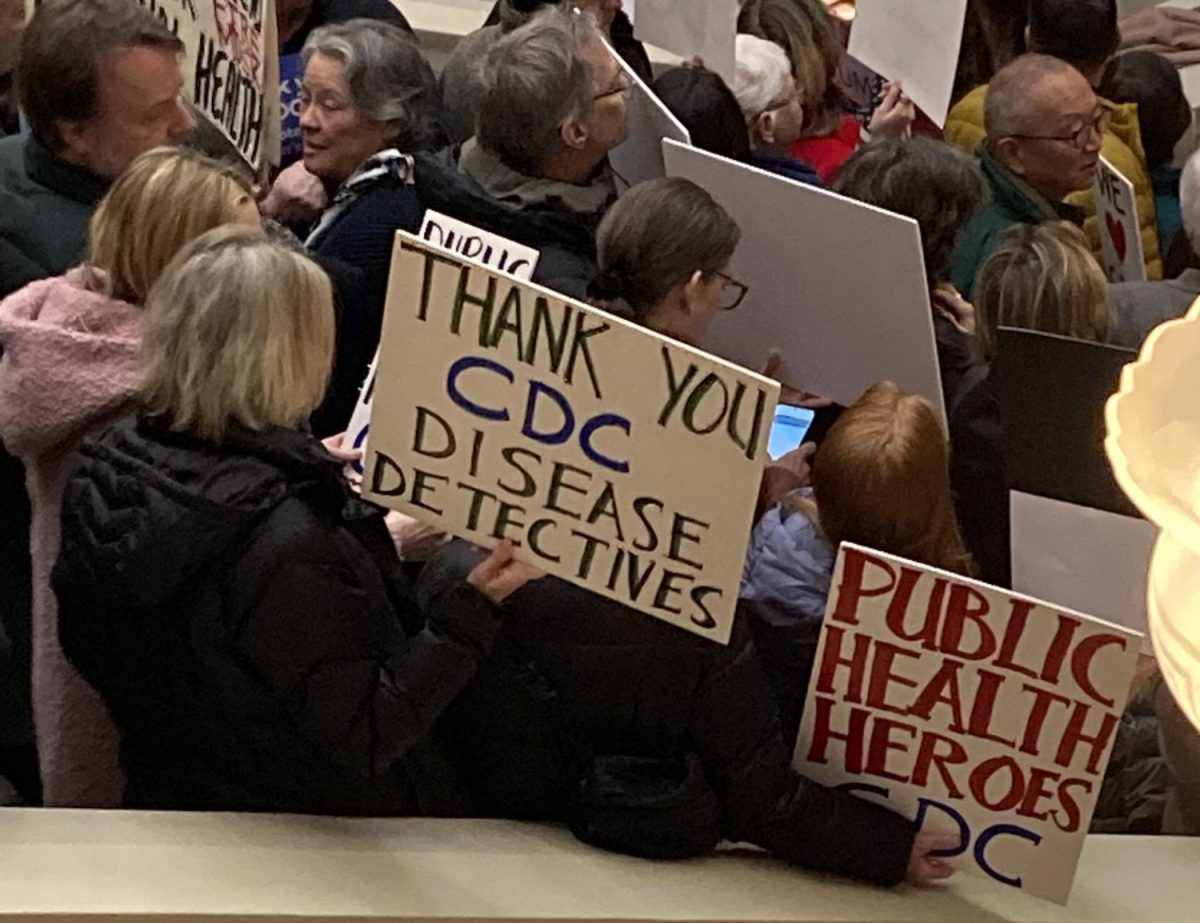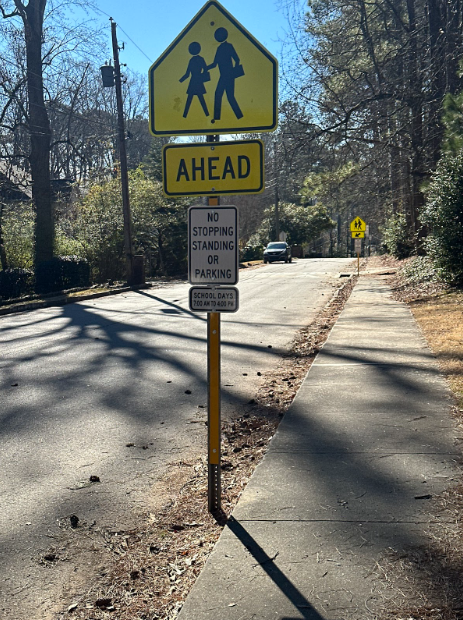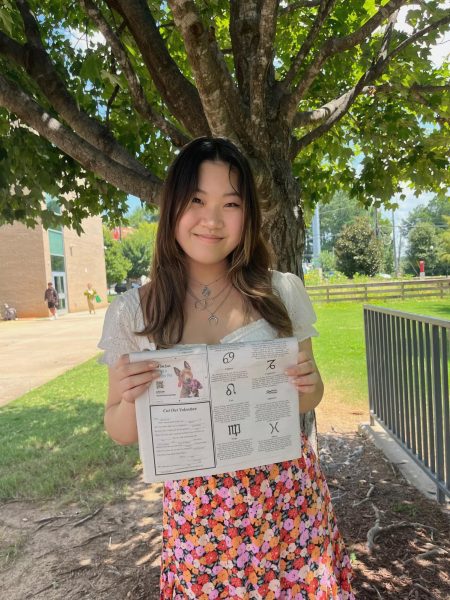On February 16, the Alabama Supreme Court ruled that embryos created through in vitro fertilization (IVF) should be considered as children with full personhood, leading to many IVF clinics pausing services in the state.
This ruling was made in a case in which a patient of the hospital housing the fertility clinic in question entered the cryo-preservation unit and dropped frozen embryos, effectively destroying them. The Alabama Supreme Court stated that in vitro embryos were protected under the Wrongful Death of a Minor Act; thus, the couple whose embryos had been destroyed could sue for wrongful death of a minor.
While Alabama’s governor signed a bill to protect IVF patients and providers in early March, fertility services still are not fully protected, leading to one of the three major IVF providers in the state continuing to pause care.
This isn’t the first ruling to restrict access to reproductive care and procedures, but rather one of the latest to follow in the footsteps of the Supreme Court’s overturning of Roe v. Wade in June of 2022. Such restrictive measures have sparked conversations about reproductive rights and autonomy over one’s bodily choices, some taking place within the Chamblee High School community.
“I believe it should be a right to freeze your eggs. Some people aren’t allowed to have kids, but people do donate their eggs to others [which] I feel is a really kind thing to do. A friend of mine, she was a test tube baby as they call it, [so] I feel like it’s taking away life from people,” said Peyton Shaw (‘24).
Some students see the new ruling as contradictory to previous legislators’ “pro-life” stances on abortion.
“I think [the Alabama ruling] is very hypocritical in the sense that IVF has become restricted because of this, [but] these people ruling the embryos as children are also the ones saying that abortion shouldn’t be legal and that people should go through the full terms of their pregnancies. IVF is a way that many women have the opportunity to have children, and by now restricting it, you’re restricting these women from having children while also saying there needs to be more children being born. It’s just all about control of women’s bodies,” said Zafirah Ayeva (‘24).
With the ruling stating that embryos have full personhood, some questions have been raised about the priorities and interests of the government.
“I think that a baby or human has more value than an embryo, and I just don’t think it’s fair to make [this] judgement because there are situations where a person’s life could be at risk. I don’t think valuing an embryo over a woman or birthing person is fair at all,” said Harper Dodson (‘25).
Additionally, this ruling, in combination with recent political debate over such reproductive topics has raised concerns for the future.
“I’m worried about how the right to bodily autonomy is being eroded by fundamentalist groups in the United States. I’m mostly worried for women and the people that have to suffer with unwanted pregnancies, and are put in situations by [legislation] that they shouldn’t have been in,” said Jonah Jacobs (‘25).
Restrictions on IVF thus have repercussions that can especially be consequential for certain groups of individuals.
“Right now, [these restrictions] are not a huge concern for me, but could be in the future. I know that IVF is kind of common in the LGBTQ+ community, and Alabama and other states are really restricting peoples’ rights,” said Dodson.
Georgia restricts abortions after the detection of an embryonic heartbeat, around the fifth or sixth week of pregnancy, but hasn’t yet passed legislation like Alabama’s on IVF. However, the possibility remains worrisome for some Chamblee students.
“I definitely am worried, [both] for myself and for all women everywhere. If clinics close that offer abortions [and IVF procedures], they also can’t offer reproductive health care that you need periodically, like exams,” said Mariann Kersh (‘26).
Access to such reproductive care and services is important to many students, as having options can alter the course of one’s life.
“You don’t know what’s gonna happen—accidents and tragedies happen, and you can’t control it. I would really like to know that there is an opportunity for me, if I do get pregnant, [that] I don’t have to keep it, but knowing that these laws are being put into place [is] restricting. If something were to happen, that I have to go through pregnancy and childbirth whether I want to or not, it’s just really scary,” said Ayeva.
As a result of the current restrictive legislation, some students hope to see changes being made with a greater emphasis on care for children already born and growing up in the country.
“I never believed the laws about abortion were about the children, because if they were, they wouldn’t be like ‘you can’t have an abortion.’ [Instead], it would be creating homes for foster kids, making adoption a lot more accessible, putting children who aren’t wanted by their parents in homes, and giving more [aid] to these people. It just doesn’t make sense that if you’re asking for your own health care, a woman can’t get that. I just don’t believe that [legislators] were thinking about the future or the children—I think there’s just selfishness on all sides,” said Shaw.
As new bills continue to be passed and legislation is amended, the future of reproductive rights seems to be up in the air. This is especially true in the face of the upcoming presidential election, with abortion and other reproductive rights taking center stage as a key campaign topic.
“They should be leaving it up to the woman to decide,” said Kersh. “No uterus, no opinion—get out of my life.”
For more information on the Alabama legislation and case revolving around IVF: https://publichealth.jhu.edu/2024/the-alabama-supreme-courts-ruling-on-frozen-embryos

